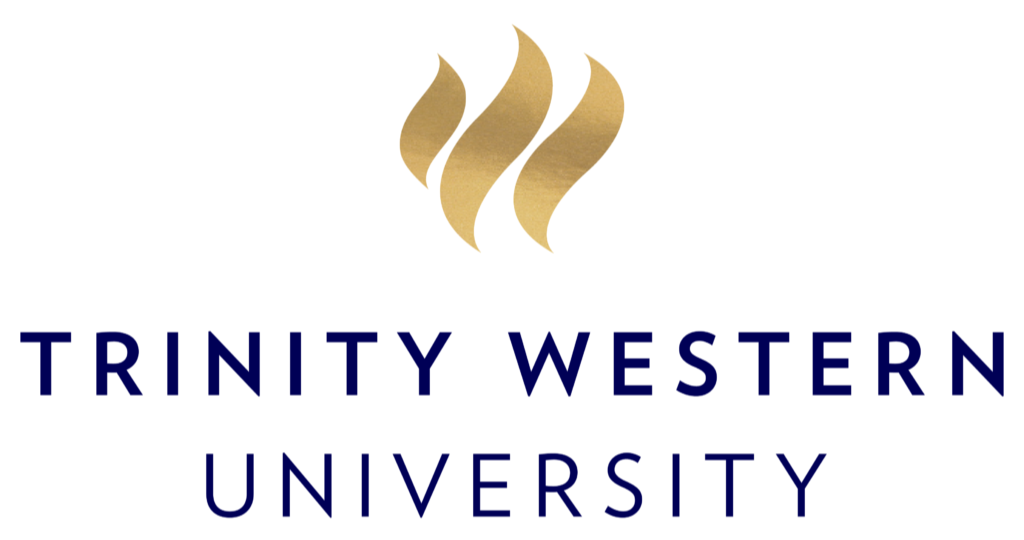IT Support – Help Desk Optimization & Knowledge Base Development
Categories
Skills
Project scope
What is the main goal for this project?
Organization Description: [Please share any context around your organization and how this project
coincides with wider Organizational goals]
Project Overview
This project simulates the role of an IT support team by focusing on optimizing help desk operations and
developing a searchable, user-friendly knowledge base. Learners will analyze IT ticket trends, identify
high-volume issues, document step-by-step resolutions, and recommend support process improvements
that enhance efficiency and reduce repeat requests.
What tasks will learners need to complete to achieve the project goal?
Project Scope & Expectations:
Learners will engage in:
- Analyzing real or simulated IT support ticket data to identify frequent technical issues.
- Documenting troubleshooting steps and formatting them into user-friendly guides.
- Designing and populating a Knowledge Base with relevant support materials (FAQs, how-to
- guides, process documents).
- Recommending help desk process enhancements, including ticket triaging and prioritization
- systems.
- Conducting basic user testing and preparing IT support training documentation.
Week 1: Project Kickoff & IT Support Data Analysis (~2 hours per learner)
- Employer and learner introductions
- Overview of IT support goals, ticketing tools, and project expectations
- Review real or simulated IT support ticket data
Week 2: Troubleshooting Guide Development (~4 hours per learner)
- Finalize analysis of recurring technical issues
- Develop step-by-step troubleshooting instructions for top problems
- Format guides for internal or end-user accessibility
Deliverable: IT Support Issue Analysis Report (summary of recurring technical problems and categories)
Week 3: Knowledge Base Structure & Content Creation (~6 hours per learner)
- Design the structure and layout of a Knowledge Base (topics, sections, navigation)
- Begin drafting documentation: FAQs, how-to guides, internal policies
Deliverable: Troubleshooting Guide for Common IT Issues (formatted text or multimedia)
Week 4: Ticket Triage & Process Improvements (~6 hours per learner)
- Research best practices for IT ticket triage
- Develop a prioritization system (e.g., urgency vs. impact)
- Outline workflow and escalation improvements
Deliverable: Knowledge Base Draft (organized and partially populated, shared in Google Docs, Notion, or internal wiki format)
Week 5: User Testing & Training Resource Development (~6 hours per learner)
- Conduct usability testing of the Knowledge Base
- Gather feedback and implement improvements
- Create a basic IT support training guide for internal use
Deliverable: Ticket Triage Plan & Process Flowchart (visual diagram + supporting documentation)
Week 6: Final Presentation & Project Handoff (~6 hours per learner)
- Finalize Knowledge Base and supporting documentation
- Compile project outcomes, lessons learned, and next steps
- Present findings and demonstrate Knowledge Base functionality
Deliverables: Final IT Support Optimization Report (summary of issues, improvements, and recommendations) and Project Presentation Deck (slide deck summarizing scope, outcomes, and handoff materials)
Final Deliverables:
- IT Support Issue Analysis Report – Identifies top recurring tech problems.
- Troubleshooting Guide – Step-by-step resolution guides for common issues.
- Knowledge Base Draft – Organized internal support documentation.
- Ticket Triage Plan – Guidelines and flowchart for prioritizing support tickets.
- Final Report & Presentation – Summary of findings and project outcomes.
Working Expectations:
Learners are expected to receive practical real-world job experience in exchange for the completion of tangible deliverables of a successfully completed project. Employers are expected to provide
mentorship, guidance, and clear expectations to students and regular communication with the AscentUP team.
